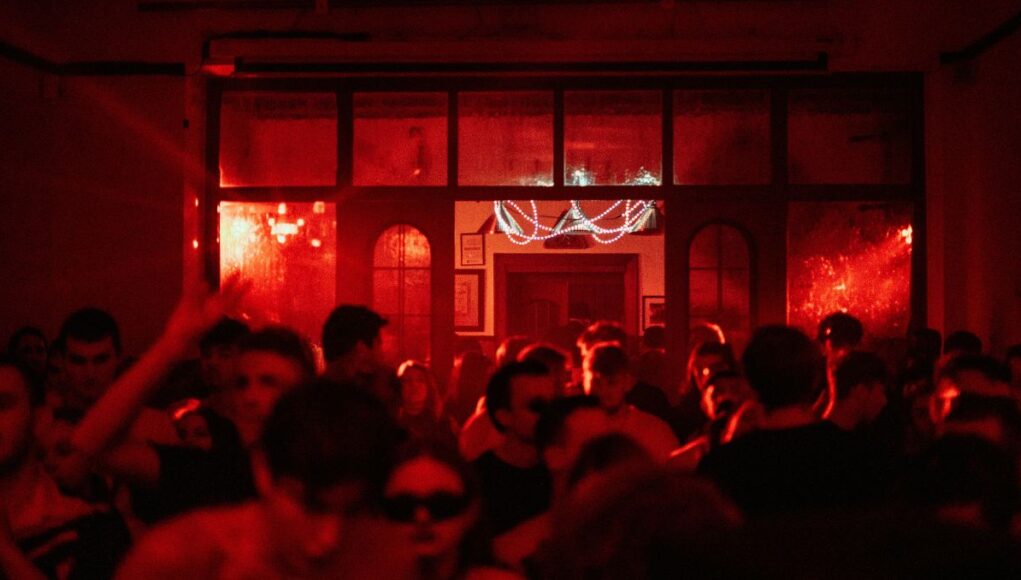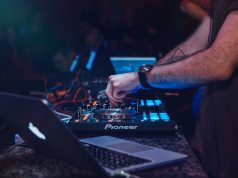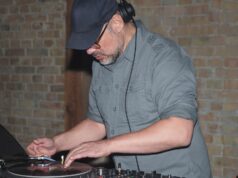Schwarz Sauer is making somersaults just like Berghain. And no, that’s not an exaggeration – back in 2006 Berghain went to court and got itself classified as “high culture,” which meant only 7 % VAT instead of 19 %. Now Café Schwarz Sauer is following suit – not in tax law, but in noise protection law. This ruling doesn’t just protect their beer garden, it also protects a little piece of freedom in the neighborhood. Two completely different cases, one shared message: fighting pays off.
In a city where gentrification and curfews tug like invisible police dogs on the leash, such victories are rare – and therefore even more valuable.
“Revenge of the Night” coming to Netflix in 2026 as a documentary? Not a new Batman film, but a small, belated, and all the sweeter revenge. For years, residents moved into hip neighborhoods – dragging along their nostalgic longing for village-like quiet – and shut the night down. Their complaints against clubs, bars, and urban life have suffocated more than one cultural spot.
Now, in a ruling that unfortunately came too late for some, the night strikes back: “The night was here before the real estate agent came.” A symbolic victory for everyone who says: if you move to Berlin, don’t just hang your idea of silence in the cloakroom. Who moves into a lively neighborhood and then complains about people dancing outside? Exactly. (And that Netflix doc? Obviously nonsense.)
Or, to ritualistically adapt Peter Scholl-Latour:
“If you let half of Zuffenhausen into Prenzlauer Berg, you don’t save the neighborhood, you turn it into Zuffenhausen.” When the majority culture of a place shifts massively, its character changes radically – Prenzlauer Berg, in this picture, becomes a Swabian outpost with broom-duty schedules, pretzels, and a growing lentils-with-spätzle population.
Long-time Berliners know this story all too well – they’ve been singing from that hymnbook for over 20 years.
Back to the point
The court decided in an emergency ruling: the outdoor area may stay open after 10 p.m. – simply because the venue is located in a vibrant nightlife district and the complaining neighbor lives over 100 meters away. A “point victory” for neighborhood culture, because the organically grown nightlife district is protected. One commentator called the ruling “a damper against village-ification.”
In true Berlin fashion, the message is: if you can’t handle the city’s pulse, don’t buy Berlin – you should’ve moved to the countryside. Districts like Simon-Dach-Straße or Kastanienallee are basically receiving protected-status through this.
And what does it mean for others?
The Schwarz Sauer ruling is more than a one-off – it’s a precedent. Bars and restaurants in established nightlife areas (Simon-Dach, Oranienstraße, Weserstraße etc.) now have legal tailwind and can use “organically grown neighborhood” as an argument when residents push for noise or curfew restrictions.
District offices must justify restrictive orders in more detail – “nighttime peace” no longer works as a blanket argument.
For new residents the rule is: if you move into a nightlife district, you’re not just buying square meters, you’re buying neighborhood noise – and you can’t sue it away.
For other cities like Hamburg, Leipzig, or Cologne this ruling is an example of how case law can define urban cultural spaces as worth protecting not only because of heritage status, but because of their atmosphere and social significance.
What has already been lost because the ruling came too late?
- Icon Club (closed in 2006): A central spot of Berlin’s techno scene, shut down over noise complaints. A ruling like this back then might have saved it.
- Simon-Dach-Straße (Friedrichshain): For decades a bar and party strip, now much quieter – complaints and restrictions have radically cut outdoor seating and opening hours.
- Small bars in Neukölln (Weserstraße, Reuterkiez): Many had to relocate or shut down due to noise complaints.
- Subcultural temporary venues: Courtyard clubs, studio evening events, and basement bars were among the first victims of the 2010s wave of noise lawsuits.
Why this ruling is symbolic – and why we need to turn it into an attitude
The Schwarz Sauer decision is no carte blanche, but it’s a signpost: Berlin doesn’t have to fully morph into an acoustically sterile investors’ playground. Yes, it’s too late to save the Icon, too late for Simon-Dach-Straße, too late for all the small places already gone. But symbols matter – when stories are made from them.
A reminder sign for everyone who moves to Berlin with suburban front-yard order in their head: the night is not a disturbing foreign body – it’s part of this city’s DNA. Whoever moves into a lively neighborhood isn’t just buying an apartment – they’re buying noise, conversations, music, and the occasional 3 a.m. shouting match along with it.








